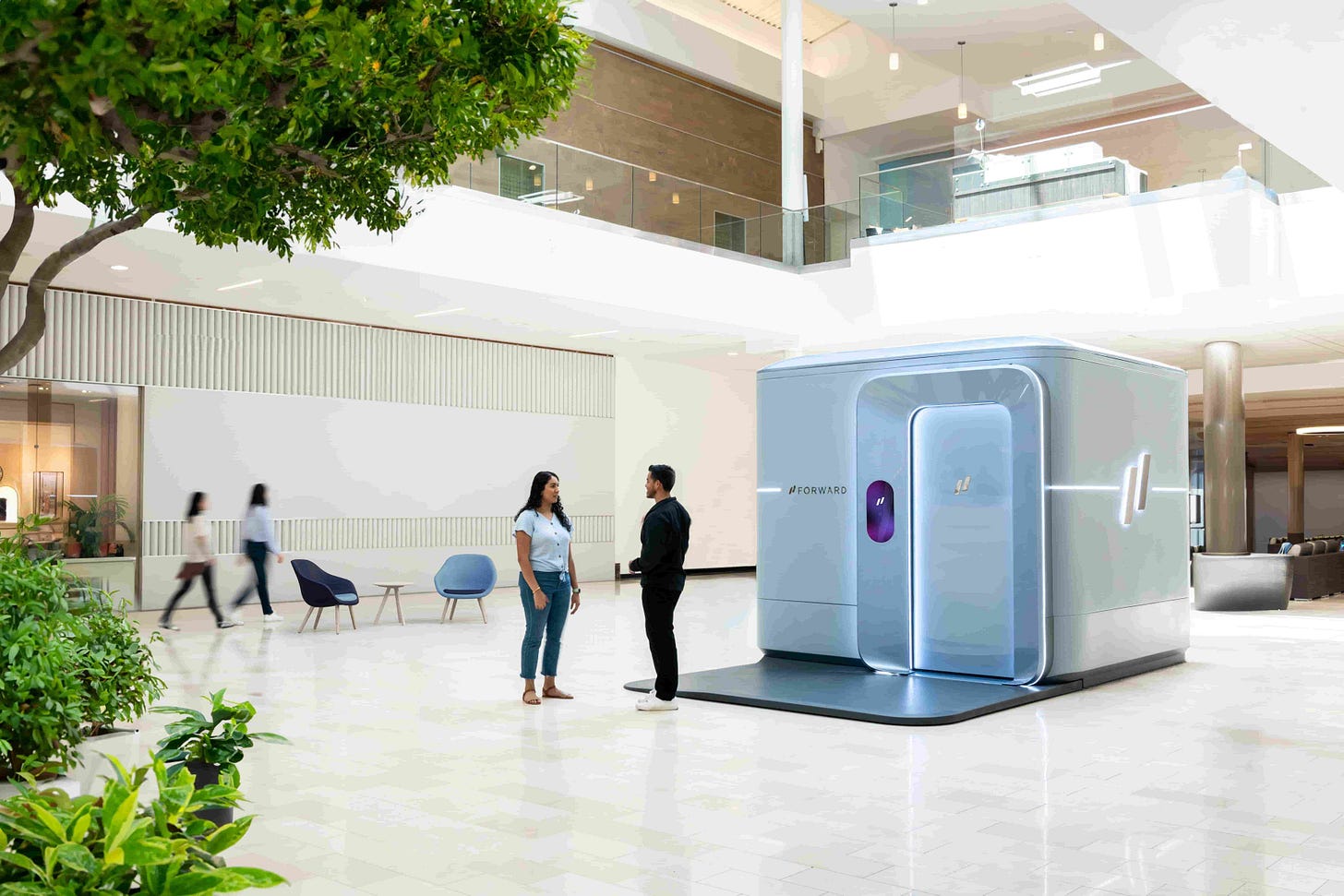From Sick Care to Preventive Health
7 out of 10 deaths are caused by Chronic Diseases: heart disease, cancer, diabetes, AIDS or other conditions.
Doctor: When was the last time you had a health check-up?
Me: Hmm, I think it was about 5 or 6 years ago; was my response.
Unaware, it was too late. On July 15th, 2018, I ended up in the hospital, battling a chronic diverticulitis (missing out the FIFA World Cup final, France vs Croatia).
Every year, around 41 million people worldwide die from chronic diseases, which make up seven out of every ten deaths globally.
Of these deaths, approximately 17 million are classed as premature, meaning people are passing away much earlier than expected on average.
Figures like these highlight the necessity for increased focus on proven preventive healthcare strategies:
- Routine cardiovascular exams alone save tens of thousands of adult lives each year,
- 4 million deaths worldwide are prevented by childhood vaccination every year,
- Preventive health screenings and primary care consultations have also been found to significantly increase life expectancy, particularly among the 30- to 49-year age group.
Which countries have most improved their life expectancy at birth?
Estonians have experienced the most significant increase in life expectancy, gaining 6.1 years between 2000 and 2021. Following closely are Ireland (+5.8 years), Luxembourg (+4.7 years), Denmark (+4.6 years), and Slovenia (+4.5 years).
Monitoring life expectancy estimates is crucial for assessing societal well-being, and policymakers heavily rely on these trends to shape government policies.
The Dutch government wants everyone to have five more healthy years by 2040, which could lower healthcare costs.
France is also dealing with aging population, putting pressure on its social security system. To tackle this, the French government has passed reforms, facing resistance, to raise the retirement age and encourage people to work longer.
5 Startups focusing on Preventive Health
ZOI (France): co-founded by Ismaël Emelien, former special advisor to Emmanuel Macron during the early days of his presidency; the company aims to integrate routine medical checkups with preventive care through a mobile app.
Investment: Zoi has raised an impressive seed round of €20 million, from business angels exclusively, in 2022.Ancora Health (Netherlands): Founded by Sridhar Kumaraswamy, Rahul Gannamani and Jose Castela Forte in 2019, Ancora Health’s aim is to add more healthy years to society and has developed an approach that differs from regular health programs. It doesn’t only focus on clinical parameters, but also on behaviour and lifestyle support.
Investment: Dutch banking giant Rabobank, invested €3 million in the digital health startup in 2022.Forward (USA): a startup redesigning the way healthcare is delivered, using all the technologies healthcare has neglected: sensors, mobile, and AI. Forward introduced CarePods, an autonomous, AI-enhanced medical facility (image below). The company was founded in2016 by former executives and engineering leaders from Google and Uber and led by serial-entrepreneur, Adrian Aoun.
Investment: The company has raised a total amount of €600 million by some of the world's best investors including First Round Capital, Eric Schmidt and Marc Benioff.
Neko Health (Sweden): Founded in 2018 by Hjalmar Nilsonne and Daniel Ek (founder/CEO of Spotify), Neko Health believes that with the help of the latest sensor technology and AI, it is possible to create more affordable and thorough examinations that can raise the quality of healthcare and focus on prevention. Investment: Neko Health has raised a total of €60 million in funding.
Pernuvo (USA): A Cindy Crawford-backed startup offering whole-body MRIs for €2,292. Prenuvo has created an artificial intelligence-powered alternative to traditional magnetic resonance imaging that can be used to screen and diagnose more than 500 medical conditions, including most solid tumors at Stage 1.
Investment: The company has raised €64 million in Series A in 2022 led by Felicis and well-known angel investors, including Nest founder Tony Fadell, 23andMe Inc. Chief Executive Anne Wojcicki, and Cindy Crawford.
I'm really happy to see more startups focusing on preventive health. At the same time, it's concerning to see some of them charging €2500 to €3500 for a full checkup. It seems like only people with deep pockets can afford it.
(But) I'm optimistic that as more people start using these services, prices will come down over time, making them affordable for everyone in the long run.
In conclusion, regular check-ups and routine tests play a vital role in maintaining overall health and well-being. While immediate medical attention is essential for addressing illnesses and injuries, these preventive measures enable physicians to monitor diagnostic readings and detect any underlying health issues early on.
For middle-aged and elderly individuals, in particular, routine tests and exams are indispensable for screening chronic diseases and infections, including cancer, diabetes, and heart disease.
Emphasizing the importance of preventive healthcare is essential for promoting longevity and improving health outcomes across all age groups.
When was the last time you had a health check-up?
+ Health-Tech innovation is good
P.S. I used some of the following sources to obtain the data for this article:
(1) PublicHealth.org (2) Imperial College London (3) Health Holland (4) Techcrunch (5) Eurostat
Other topics you might find interesting 💡📍 The FemTech Revolution
Unlocking Opportunities in Women's Healthcare. 👉 Click here to read the full article.
📍16 Venture Capitalist Backing Microbiome Tech Startups
The Microbiome Tech Investment Landscape. 👉 Click here to read the full article.
The contents of this newsletter have the potential to influence those around you. Feel free to share it.








Great article!!!